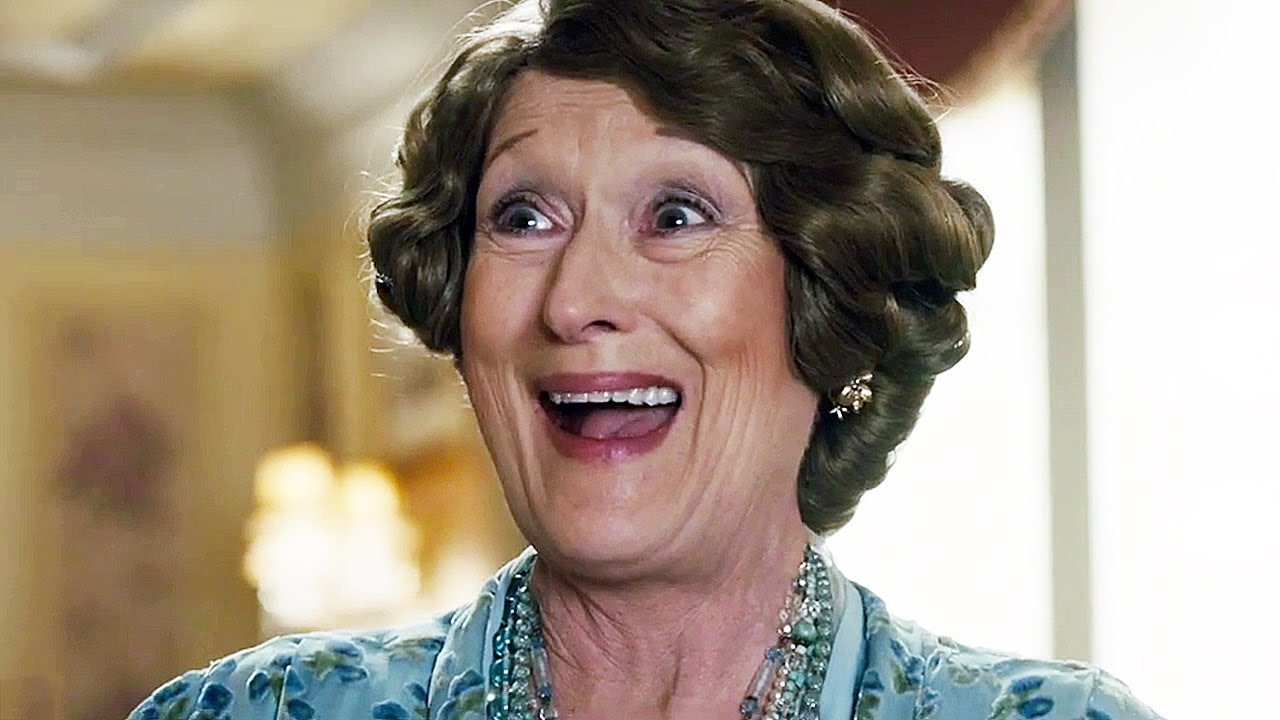
(2021) Biographical Drama (Paramount) Audra Day, Leslie Jordan, Miss Lawrence, Natasha Lyonne, Trevante Rhodes, Dusan Dukic, Erik LaRay Harvey, Da’Vine Joy Randolph, Koumba Ball, Kate MacLellan, Kwasi Songui, Adriane Lenox, Letitia Brookes, Tyler James Williams, Slim Williams, Orville Thompson, Garrett Hedlund, Jeff Corbett, Amanda Strawn. Directed by Lee Daniels
For most modern Americans, Billie Holiday is a distant memory of our grandparents, a footnote on the cultural scene whose name might be familiar but whose music isn’t. As our tastes have turned more towards Ariana Grande, Beyonce and Lady Gaga in terms of female performers, few realize that all three – and so many more – owe Holiday a debt of gratitude.
Holiday’s best-known song is “Strange Fruit,” written by the poet-activist Abel Meeropol, depicting the lynching of a black man. The song, even today, is absolutely horrifying and stark. Time magazine voted it the song of the centurn in 1999, and for good reason. The song also got Holiday the attention of the FBI, led by the noted racist J. Edgar Hoover, whose underling and chief of the Federal Bureau of Narcotics (FBN), Harry Anslinger (Hedlund) remarked that while they couldn’t arrest her for singing a song, they could arrest her for her noted drug use.
From then on, Billie Holiday (Day) was a marked soman. Hounded by the FBN, she was arrested for narcotics use – turned in by undercover agent Jimmy Fletcher (Rhodes) who later became romantically involved with her – and sent to prison for a year. Because of her conviction, she lost her cabaret license which allowed her to perform in nightclubs which was her bread and butter. She was able to get booked at Carnegie Hall, where she delivered a triumphant comeback performance that led to European tours and theater bookings, but Anslinger continued to put the pressure on, even arresting her and handcuffing her as she lay dying on her deathbed at the age of 44.
It’s a sad, disgraceful story that as told here, is largely true, although some things are inventions; the extent of her romantic involvement with Fletcher is unknown as is much of his background. Pulitzer Prize-winning playwright Suzan Lori-Parks wrote her screenplay based on a single chapter of a Johann Hari book on the war on drugs that detailed how the FBI went after Holiday in the last decade of her life.
We are treated to an absolutely dazzling performance by Day, which has already netted her the Golden Globe in a bit of an upset (it was thought that Frances McDormand had the award sewn up) and puts her on track for the Best Actress Oscar, which she is nominated for. She does her own singing here and does a pretty good approximation of Holiday, although she lacks some of the vocal warmth that Holiday had. She captures Holiday’s feisty, don’t-take-no-crap attitude that was at odds with the amount of abuse she took from the men in her life who abused her physically (and helped her get hooked on heroin) and financially, as well as from a society that didn’t want women of color to speak out against the system. Her refusal to stop singing “Strange Fruit” is portrayed as an act of heroism, which it surely was.
The odd thing here is how the song, which was theoretically at the center of her troubles with the government, isn’t sung completely through here – she reads some of the lyrics at one point and a few lines are sung, but the song remains more of a concept than an actual presence. Even the triumphant Carnegie Hall performance, in which audience members are depicted calling out for the song, curiously doesn’t have her singing it, even though she did perform it that night. Considering how important the song is to the story, and that people are less familiar with the song now than they were even twenty years ago, it’s mystified why we don’t hear more of it.
Daniels weaves in a lot of flashbacks and flash forwards, jumping around in the narrative which can be confusing at times. We do see the absolutely horrific childhood she experienced which certainly led to her need to escape her demons through drugs, alcohol and sex. While her affairs with men are shown pretty graphically, Daniels is a bit coy with her affairs with women, alluding only to one female lover (actress Tallulah Bankhead); she was bisexual and had more than a few female partners during her time.
But that’s no nevermind. This is a much grittier – and less sanitized – version of Holiday than the more well-known portrayal in Lady Sing the Blues and while the movie is on the long side and could have used a bit less emphasis on Anslinger and Fletcher, this is still a high-end movie that deserves to have a wide audience, not just for the story of one of America’s great artists, but on how shabbily she was treated.
REASONS TO SEE: Day gives an award-winning performance. The music is unforgettable. Captures the reality of the African-American experience of the era. Daniels pulls no punches.
REASONS TO AVOID: The presentation is a little bit scattershot.
FAMILY VALUES: There is heavy drug use, profanity, racial epithets, sex and nudity, violence and disturbing images of lynchings.
TRIVIAL PURSUIT: Evan Ross, who plays an FBI agent in the movie, is the grandson of Diana Ross who played Billie Holiday in Lady Sing the Blues.
BEYOND THE THEATERS: Hulu
CRITICAL MASS: As of 3/23/21: Rotten Tomatoes: 53% positive reviews; Metacritic: 52/100.
COMPARISON SHOPPING: Billie
FINAL RATING: 8/10
NEXT: Older



